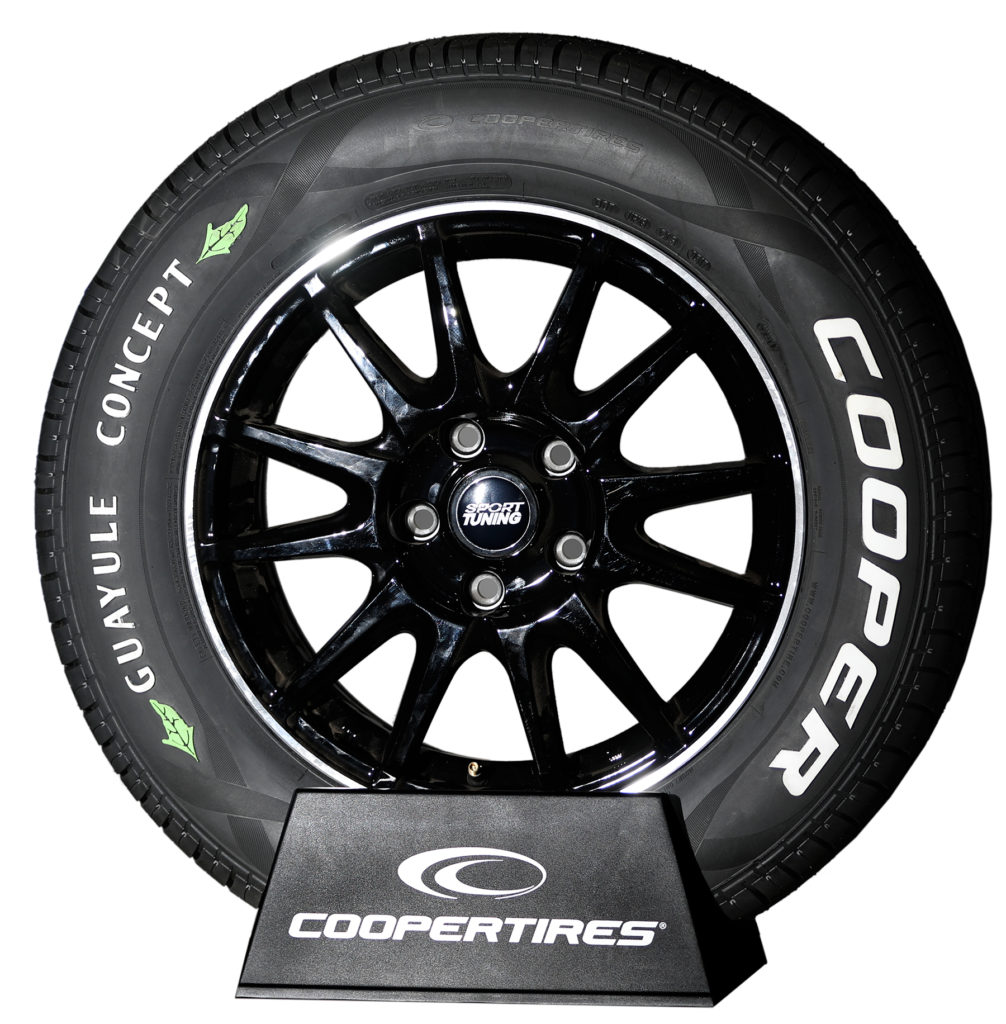Cooper Tire and its consortium partners, including Clemson University, Cornell University, PanAridus and the Agricultural Research Service of the US Department of Agriculture (USDA-ARS), have officially completed their five-year, US$6.9m Biomass Research and Development Initiative (BRDI) grant.
Under the project scientists produced several sets of concept passenger car tires in which all the natural and synthetic rubber is replaced by guayule natural rubber.
The 100% guayule-based concept tires underwent extensive evaluation by Cooper’s technical team, including rigorous wheel and road tests, and were found to have overall performance at least equal to tires made with Hevea and synthetic rubber. Notably, the tires had much better rolling resistance, wet handling and wet braking than their conventional counterparts.
Clemson University also completed a lifecycle analysis (LCA) to quantify the environmental impact of producing tires from guayule including materials, energy and emissions from raw material procurement to end of life.
“Through our LCA, we found that the 100% guayule-based concept tire had between 6% to 30% lower emissions in 10 different lifecycle environmental and energy impact categories compared with a conventional tire,” said Amy Landis, Thomas F Hash ’69 Endowed Chair and Professor, Glenn Department of Civil Engineering, Clemson University.
“This model can also be used in the future to continue to quantify the environmental impacts of guayule for tire commercialization as it is impacted by factors such as agricultural yield and farming efficiency, the identification and use of co-products, and improved guayule-tire rolling resistance.”
More on the project in the July issue of Tire Technology International.
August 16, 2017



